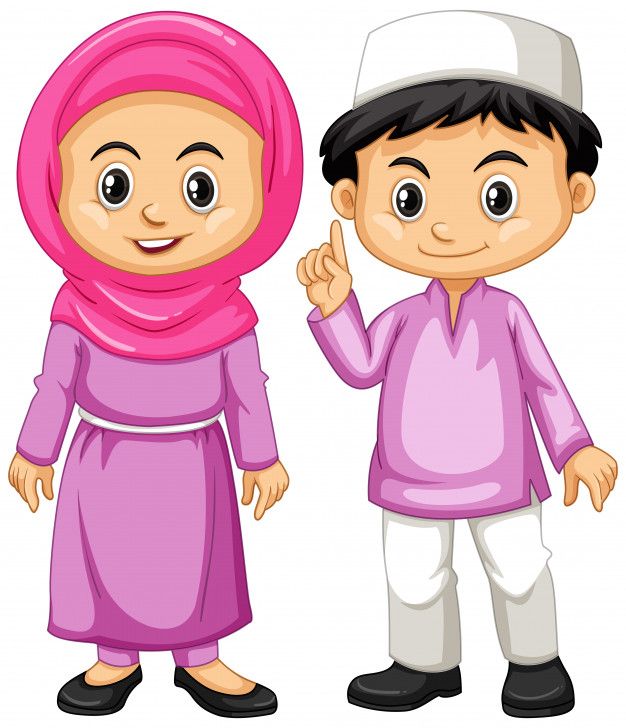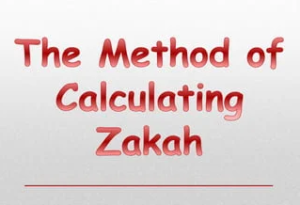
The meaning of ‘Eed, ‘Eed Al-Fitr and ‘Eed Al-Adhaa
How to celebrate during the two ‘Eeds.
Ulama Institute #1
Looking to learn Arabic or memorize the Quran?
Check our Trusted Teachers

The Arabic word ‘Eed is extracted from the word ‘awd which means to return. The Islamic’Eed celebration has been named as such because it retums every year. In Islam there are only two celebrations – ‘Eed Al-Fitr and ‘Eed Al-Ad-haa. These two celebrations have been established by way of the Qur’aan, the Sunnah, and by a consensus amongst the Muslim scholars.
These two days have been legislated to replace the types of celebrations, holidays, and festivals that the pagan Arabs used to observe before Islam. Anas narrated that when the Prophet ﷺ arrived in Madinah, there were two days which were designated for play and amusement. The Prophet ﷺ said in reference to those days that: “Indeed Allah has replaced them with something better than them; the day of sacrifice (Yawm Al-Ad-haa) and the day of fast-breaking (Yawm Al-Fitr).”
These two celebrations also offer Muslims a means of showing thanks to Allah ﷻ for the ability to perform two great acts of worship. ‘Eed Al-Fitr can be an opportunity for Muslims to give thanks to Allah for granting them the ability to fast the month of Ramadaan while ‘Eed Al-Ad-haa can be an opportunity for Muslims to thank Allah ﷻ for granting them the ability to complete the Hajj.
Eed Al-Fitr takes place on the first day after the conclusion of the Islamic month of Ramadaan (month of compulsory fast) which is the first day of the Islamic month of Shawwaal. Eed Al-Fitr linguistically means the celebration of fast-breaking since it signifies the end of the compulsory fast of Ramadaan. Ramadaan is a month of intense spirituality and devotion to Allah ﷻ . The month of Ramadaan is concluded with an ‘Eed celebration. On this day Muslims celebrate the completion of a month that was dedicated entirely to the worship of Allah and drawing closer to Him.
‘Eed Al-Ad-haa occurs on the tenth day of the Islamic month of Dhul-Hijjah (month of pilgrimage). ‘Eed Al-Ad-haa linguistically means the celebration of the sacrifice which is a direct reference to the act of worship that it is connected to. ‘Eed Al-Ad-haa is particularly important because of its close association with the Hajj which is considered a major pillar of Islam.
The ‘Eed celebration itself is an act of worship that involves the outward expression of joy and happiness as well as the consumption of different kinds of food and drinks. So the ‘Eed celebration should not be considered a mere act of worship or a traditional celebration. But rather the ‘Eed celebration is a joyous occasion that combines between the best pleasures of the worldly life and the lofty goal of pleasing Allah through the worship of Him.
It is very important that Muslims are mindful of this such that they do not attempt to worship Allah through their observance of the ‘Eed celebration with actions that are displeasing to Him. For this reason, it is extremely important that Muslims celebrate the days of ‘Eed without transgressing the limits of acceptable behavior.
So the Muslims should seek to avoid intermingling during the days of ‘Eed. They should be diligent in their prayers and prevent themselves from becoming lazy concerning the offering of them during their proper times. Similarly, the Muslim should not indulge in prohibited actions like listening to music. Whenever the Muslims are successful in avoiding what Allah has prohibited during the days of the ‘Eed, they will enjoy themselves and observe the ‘Eed celebration after having successfully combined between the good of the worldly life and the good of the life to come.
Learning from the lesson
- The meaning of ‘Eed – ‘Eed Al-Fitr and ‘Eed Al-Ad-haa.
- Some factors behind the legislation of the two ‘Eed celebrations
- Celebrating the ‘Eed is an act of worship that combines the good of the worldly life with the good of the life to come.







